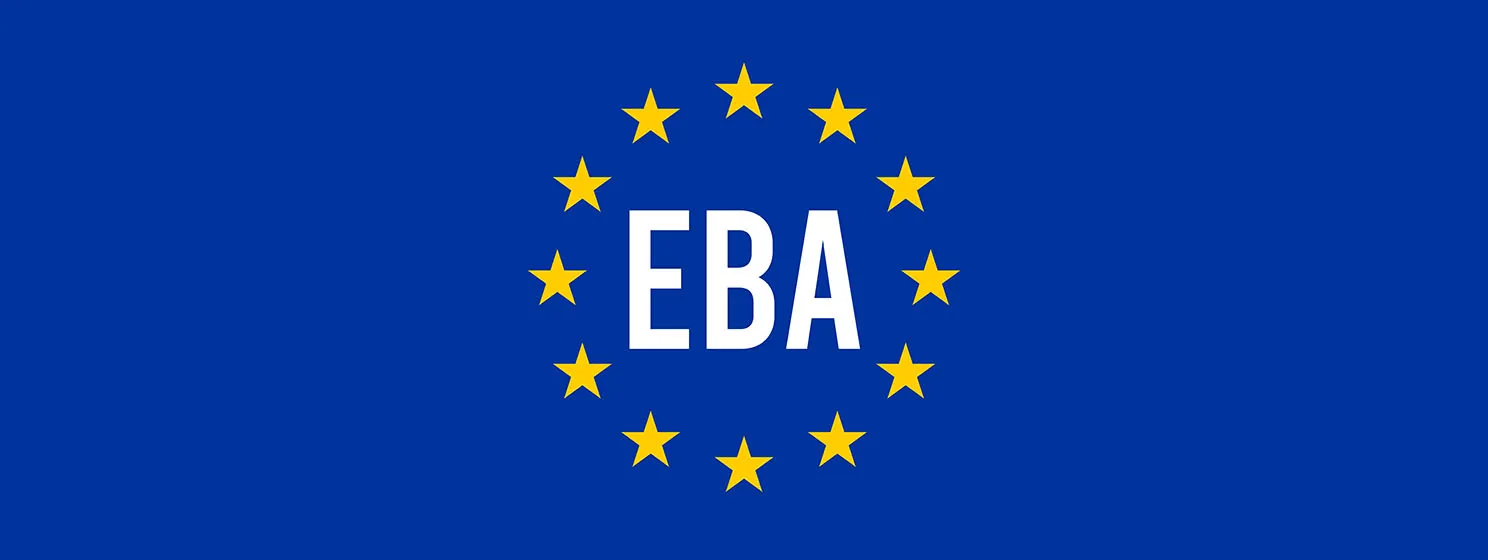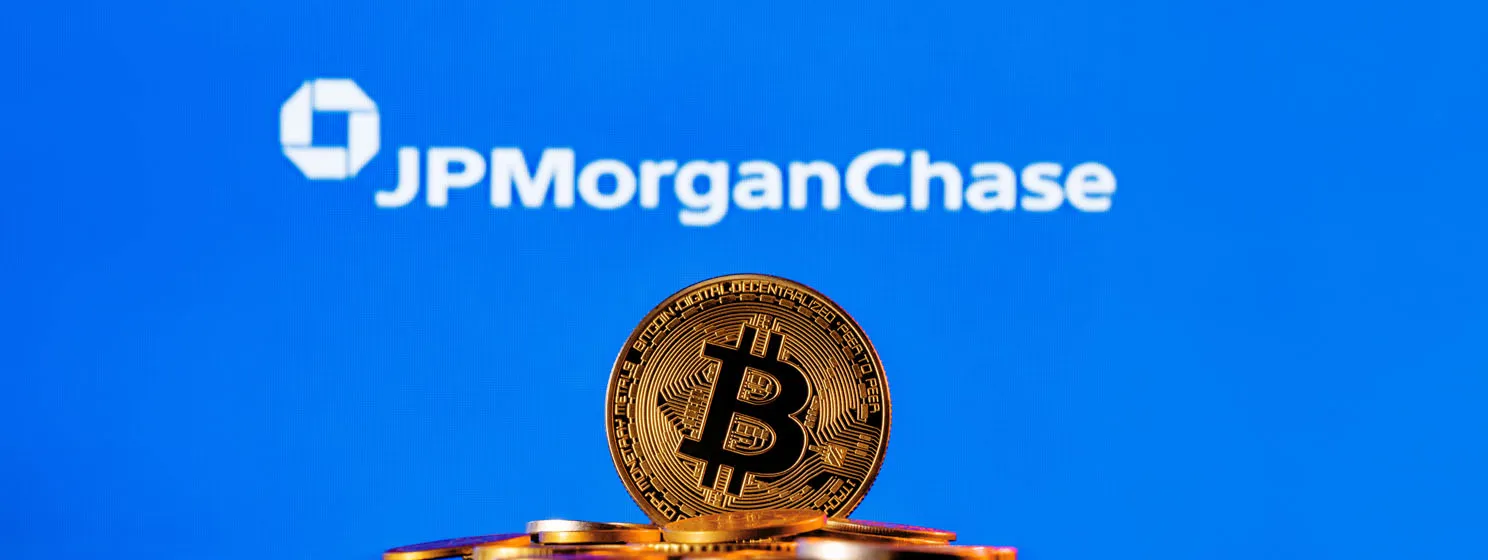|
Getting your Trinity Audio player ready...
|
Network tokenization will generate nearly $9 billion in revenue by 2029, with click-to-pay fueling the growth as customers seek faster checkouts, a new report says.
Titled “Global Network Tokenisation Market: 2025-2029,” the report by Juniper Research projects that tokenized network transactions will generate $4.1 billion in revenue this year. By 2029, the value will have grown by 117% to $8.9 billion.
Network tokenization is a process through which credit card companies replace sensitive card information with unique tokens. These tokens are merchant-specific and only contain the information required for a particular transaction, safeguarding the users’ card details, which could otherwise be harvested and used for fraud.
Credit card fraud is one of the most prevalent. In the United States, victims lost over $12.5 billion in 2024 to this type of fraud, which maintained its position as the most common form of identity theft. Globally, over $33 billion was lost to these scams in 2022, with experts projecting the figure will surge to $43 billion by 2026.
Network tokenization addresses this challenge by creating tokens for specific transactions. According to the Juniper report, it offers a lifeline for card companies, which have been steadily losing market share to digital and mobile payment solutions.
While security remains a concern for most users, convenience and speed are also key, and with network tokenization, card companies can finally offer single-click payments.
“Card networks must increase the usage of Click to Pay through eCommerce services, and we anticipate the biggest challenge to be overcoming users’ familiarity with other convenient services. We expect that the growth of Click to Pay will be most evident in browser-based purchasing, given how well aligned it is to this eCommerce channel,” commented Lorien Carter, the report’s author.
In an earlier report, Juniper projected that tokenized payment transactions will exceed one trillion by 2026.
In yet another report published a week ago by payments firm Silverflow, network tokenization was projected to increase payment authorization rates by up to 6%.
“Network tokens are one of the most important parts of the modern payments system…If a merchant truly wants to create a best-in-class set-up, the combination and understanding of underlying transaction data, as well as your capabilities to act on these will be the icing on the cake to enable convenient, secure, and cost-effective transaction sequences,” commented Silverflow’s Erik Jongbloed.Major card companies are waking up to the potential of tokenizing their networks. Mastercard (NASDAQ: MA) has set a goal of tokenizing 100% of its online transactions in Europe by 2030. Visa (NASDAQ: V) revealed that 30% of its transactions were tokenized last year, saving consumers $650 million that would have otherwise gone to fraudsters.
“I think the case for network tokenization is already proven. Lower fraud rates, higher authorization rates, lower transaction costs and better customer experience,” explains one United Kingdom-based payment expert.
World Bank’s revitalized digital transformation agenda
Elsewhere, the World Bank has reaffirmed its commitment to promoting digital transformation globally during the Global Digital Summit in Washington, D.C., which ended Thursday.
Under the theme “Digital Pathways for All,” this year’s event focused on highlighting the World Bank and its partners’ achievements in fostering digitalization.
While he acknowledged the milestones achieved, Sangbu Kim, who heads the agency’s digital transformation initiatives, noted that the digital divide is now wider than ever. Around 2.6 billion people remain offline globally, hindering their access to opportunities that could change their lives. An even bigger number lack high-speed, affordable, and reliable connectivity, which limits their ability to exploit opportunities presented by emerging technology such as artificial intelligence (AI).
The World Bank has spearheaded a global evolution toward digital IDs under its Identification for Development (ID4D) initiative. It has invested over $1 billion in initiatives in dozens of countries, from Morocco and Nigeria to Bangladesh and the Philippines.
However, Kim believes that more can be done.
“We must also shape policies, expand partnerships, and bring more people, businesses, and governments into the digital world, ensuring that this digital transformation benefits the most vulnerable,” he wrote.
Watch: Blockchain is much more than digital assets

 08-01-2025
08-01-2025 





